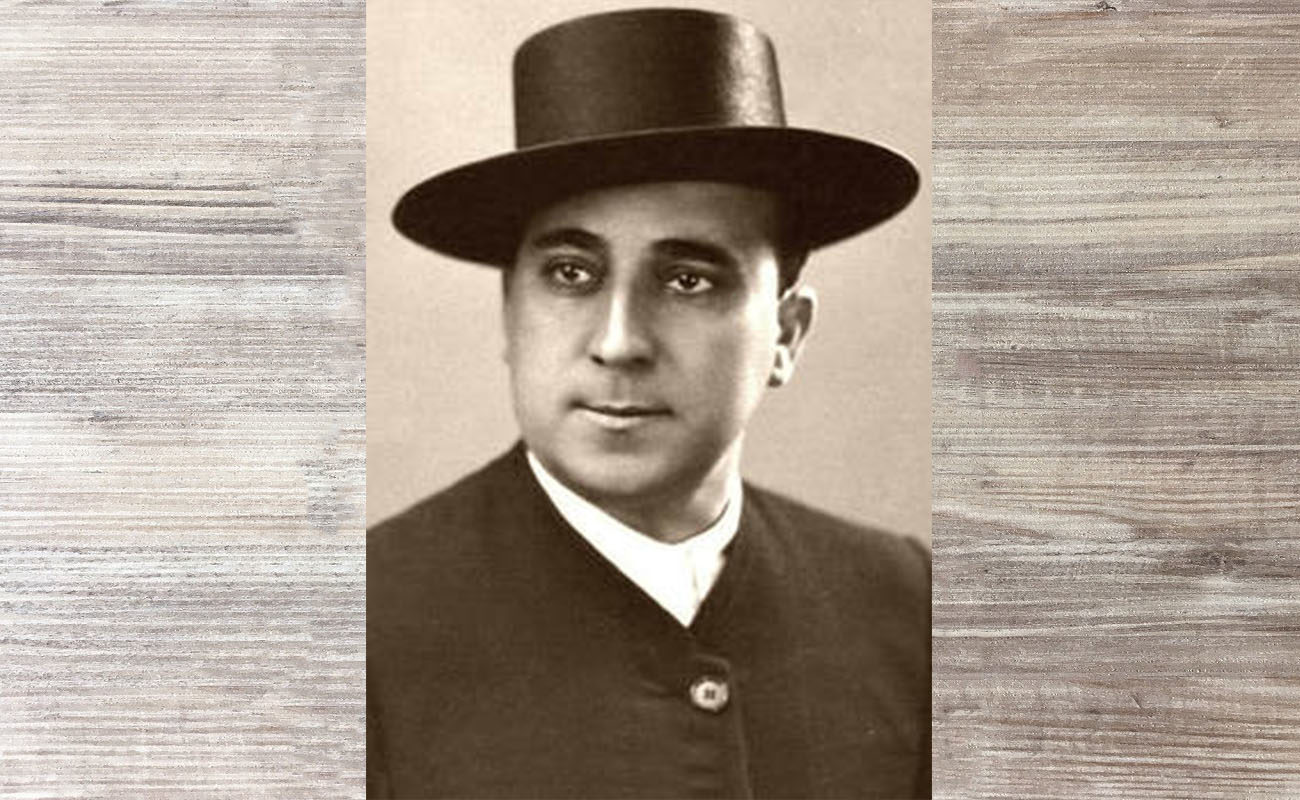Grandpa and the homebound aficionados
These are aficionados who never go to theaters, peñas or festivals, yet they keep in their homes thousands of flamenco tapes, albums and books, never leaving their rooms. Their walls are usually stacked with photographs of their favorite artists, and they often keep a barrel of sherry on a Sevillian table with polka-dotted chairs.

-Grandpa, what are homebound aficionados?
-Good question, Manolito. These are aficionados who never go to theaters, peñas or festivals, yet they keep in their homes thousands of flamenco tapes, albums and books, never leaving their rooms. Their walls are usually stacked with photographs of their favorite artists, and they often keep a barrel of sherry on a Sevillian table with polka-dotted chairs.
-Yet, these are a minority, right?
-For sure, maybe a few hundred in all of Spain, because most aficionados go to theaters, festivals or recitals in peñas.
-Frankly, I think that those homebound aficionados are quite happy in their homes enjoying their records. I do that too. My house is a big flamenco archive and, even as I go to theaters because I like to, and because it’s part of my job, whenever I play a record of Tomás Pavón or Manuel Vallejo, I get a glass of sherry and forget about the clock. So I really have nothing against the homebound aficionados.
-Me neither. Besides, since I’m an old man, I don’t leave the house often and I enjoy listening to cante at home everyday. These days I’ve been researching a cantaor who has been all but forgotten, although in his days he was rather famous. I’m talking about Pepe Pinto, cantaor from the Macarena district of Sevile. El Pinto, who got that nickname after his mother La Pinta, was a child prodigy of cante, who made quite stir when he performed at Café Novedades in the 1910s. He would sing in the surrounding towns with Marchena, El Carbonerillo, and occasionally with Niño de la Huerta, and people would rather skip work than miss their performances.
-Why has he been forgotten, grandpa? Well, I reckon that’s not easy to figure out, yet the flamencologists haven’t bothered to check out his discography, which is a treasure. Do you think that’s because he was the husband of Niña de los Peines?
-Not really, although, in a way, yes. El Pinto had several, very distinctive periods. Like I said, he was a child prodigy. Yet, when he was just a teenager, he left the stages to become a croupier, that is, a professional dealer in a casino. When the government banned gambling, he started performing again, and aficionados all over Spain would fight over the slate records he recorded with Niño Ricardo in the 1920s. At that time, his stage name was Pepito El Pinto. When he was a top-earning performer at the height of his career, he married La Niña, in 1933 at La Macarena district, and from then on, his obsession was to make her succeed in every way, because he adored her, as a woman and as an artist. He also greatly admired her brother, Tomás, who was his idol. Yet, he ended up neglecting his own singing career. When Pastora quit performing, after the failure of her tour España y su cantaora (1949), he decided to revive his career, but by then he was more a businessman than an artist. That’s the rough story of this brilliant cantaor, the son of La Pinta who did so many good things for Seville, the city that forgot him.
-How was El Pinto, as a person?
-Wonderful. A good man in the widest sense of the word. He was quite a character, too. Once, he wanted to build a house in Chipiona, and bought a lot which had once been a cemetery. You can imagine Pastora’s face when he announced: “Pastora, I just bought a cemetery in Chipiona!”
-Grandpa, good chat about the homebound aficionado thing. What’s for lunch?
-Rice and eggs, it’s quite healthy.
-What about the seabass I’ve been craving for?
-With my pension, you’ll eat seabass once you make a bigger contribution to the family’s finances. You’re flat broke.
-So mean.
Translated by P. Young




